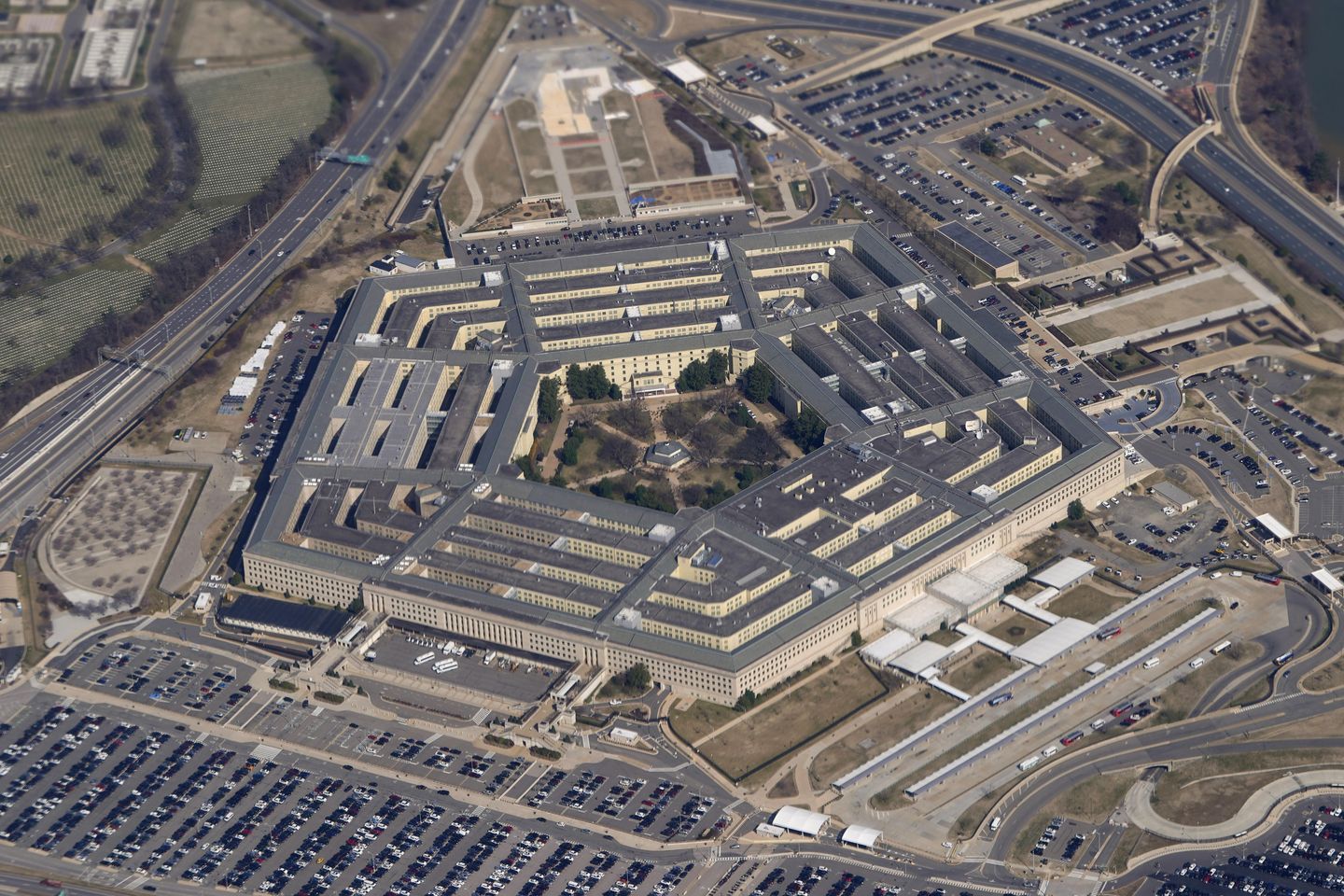
Defense experts called for a streamlined approach to developing President Trump’s proposed next-generation missile defense system following reports that the White House is considering appointing a Golden Dome czar.
Retired Air Force Gen. Glen D. VanHerck, who once led the North American Aerospace Defense Command, said a Golden Dome missile shield needs more than an agency to deliver it.
“It needs to be a single commander who is empowered and charged with operating all the way from space-based capabilities coming after the homeland and all the way down to counter [unmanned aircraft systems] and everything.” Mr. VanHerck said at Threat Status’ Golden Dome for America event Tuesday in Pentagon City. “If you bifurcate this with multiple commanders, we create bureaucracy, we create challenges to command and control and the decision-making process.”
Sources told Threat Status this week that the White House is mulling appointing a Golden Dome czar to head up the effort. If the appointment materializes, it would underscore the importance Mr. Trump places on U.S. missile defense. According to sources, Space Force Gen. Michael A. Guetlein, vice chief of space operations, is being considered for the position.
Mark Montgomery, who co-leads the Foundation for Defense of Democracies’ Air and Missile Defense Program, echoed Mr. VanHerck’s comments, calling for the White House to establish a face for the program.
“It should be a four-star that will be able to carry the weight necessary, and I suspect it will be Gen. Guetlein. Someone with a space and missile defense background,” Mr. Montgomery said. “We do need one person in charge, one throat to choke. They need to absolutely have one person who knows and says, ‘What’s the vision? What are the resources required? What are your gaps? How can we help?’”
The establishment of a Golden Dome czar or a new agency to lead the effort could help shore up bipartisan support for the initiative in Congress. Some experts say Golden Dome proponents haven’t done enough to sell Congress and the American people on the project, a failure that could doom the initiative.
“I’m concerned that the effort is not being put into making the case on Capitol Hill, explaining the why and the scenario of what this is for,” Tom Karako, director of the Missile Defense Project at the Center for Strategic & International Studies, said, “[producing an] explanation of one of the metrics by which we are going to scale the architecture and that kind of stuff. So I think we’re gonna see that pretty soon. But there needs to be a lot more attention to making this not a polarizing stick that would be voted for in a partisan way.”












